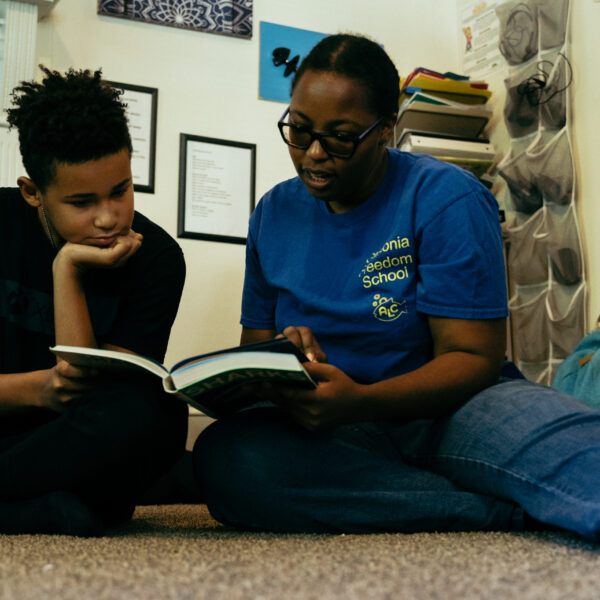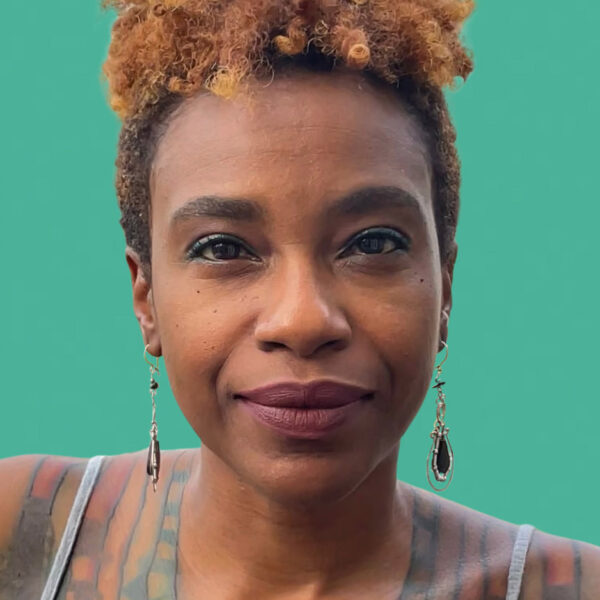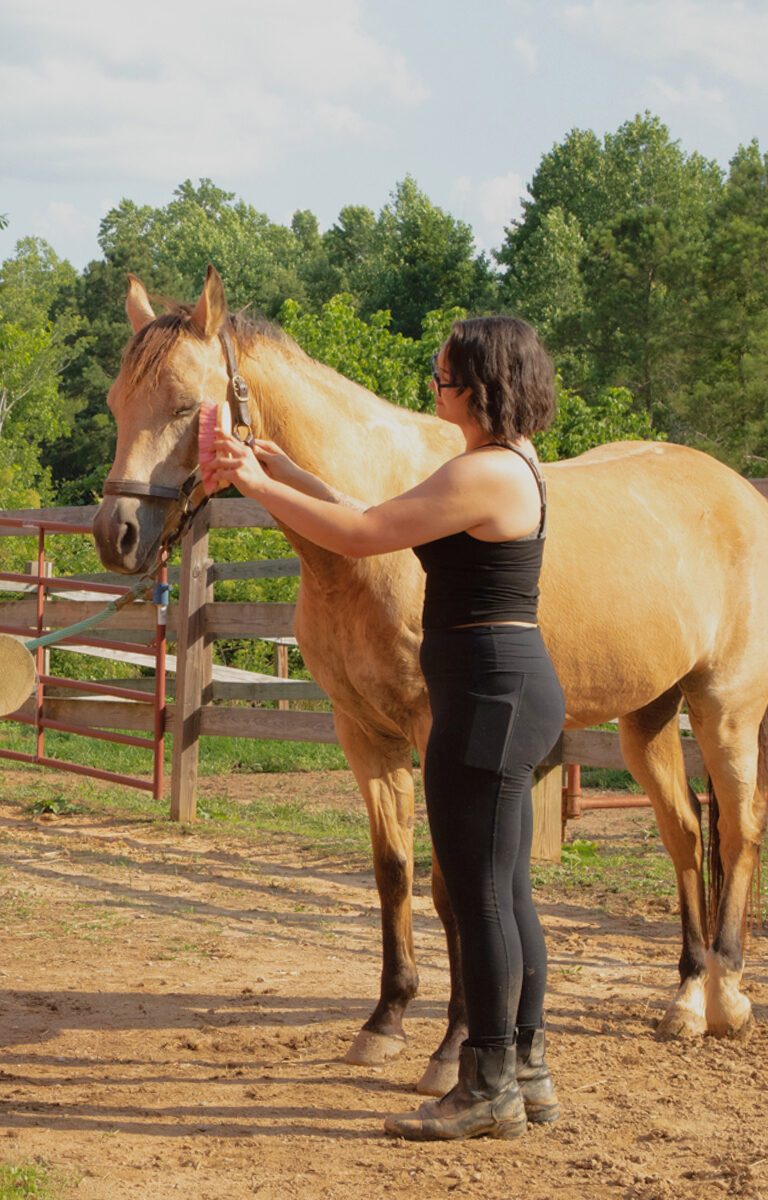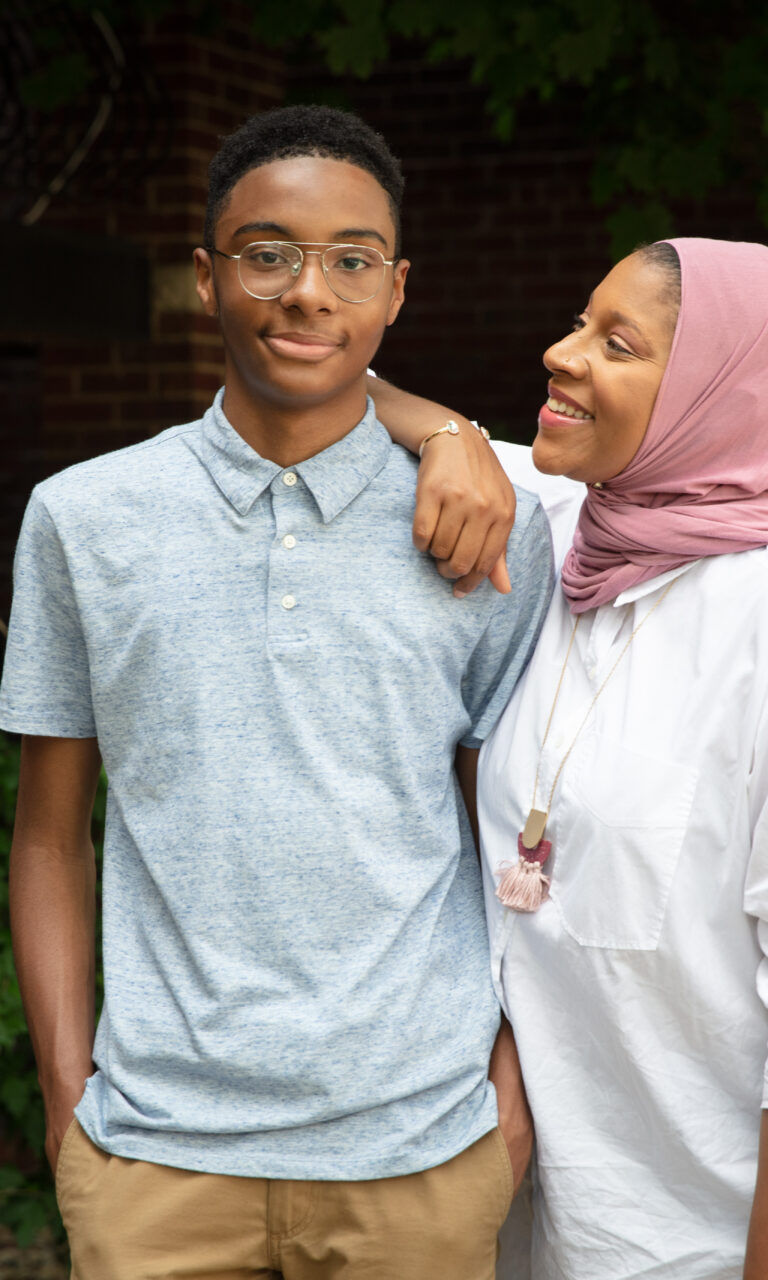Resource Author
Mosaic Senior Advisor
Share
While we’d love to say the days of parenting through command and control are behind us, the reality is many of us were raised this way. It’s what’s been normalized in society and often all we know. Shifting to a parenting style rooted in empathy, trust, and understanding can feel unfamiliar—but by exploring independent meaningful learning, you’re already taking steps toward a new approach. Below, we compare traditional parenting responses with alternatives that foster agency, emotional intelligence, and connection.
When Your Young Person Won’t Eat the Meal You Made
- Traditional Response: You better eat up! There are starving kids in ___.
- Growth-Centered Response: What about the meal is unappetizing to you? Would you like to help decide what we make for dinner tomorrow?

Recommended Reading For Your Unschooling Journey
Whether your family is seasoned practitioners or just starting out, these recommended reads will enrich your journey in independent meaningful learning. These books offer personal insights, practical advice, valuable perspectives, and research to help you navigate this self-directed educational path with confidence.
See Recommended ReadingWhen Grandma Wants a Hug Goodbye, but Your Young Person Refuses
- Traditional Response: Give Grandma a kiss or Don’t embarrass us. Just give her a kiss.
- Growth-Centered Response: You’re not feeling comfortable, huh? That’s okay. How about a high five or a wave instead? Or Hey, Mom, let’s give her some space.
When Your Young Person Doesn’t Want to Wear a Jacket in the Cold
- Traditional Response: You’re not leaving without a jacket!
- Growth-Centered Response: I know you don’t always like jackets. I’ll bring one just in case you change your mind or I understand that your body runs warmer than mine, especially with how active you are! I just want to make sure you’re comfortable.

How To Get Started With Self-Directed Education
To start self-directed education, handle legal steps, embrace deschooling, define family values, build a support network, and trust your child’s curiosity—no new supplies or structure required!
Read How To Get StartedWhen Math Becomes a Daily Struggle
- Traditional Response: If you don’t do this, you’ll fall behind.
- Growth-Centered Response: There are lots of ways to learn math. What about this way doesn’t work for you?
When Video Games Seem to Take Over
- Traditional Response: Turn that off! It’ll rot your brain or We need to detox!
- Growth-Centered Response: You’ve been playing for a while. Want to take a stretch break and grab a snack? or What else is on your list today? I think there are a few other things you wanted to accomplish.
When Your Young Person is Frustrated with Their Drawing
- Traditional Response: It looks fine! You’re overreacting.
- Growth-Centered Response: What part is frustrating for you? Let’s find a reference picture and see how we can improve it.

My Big Shift in Perspective on Unschooling and Money
Unschooling helped Akilah S. Richards reclaim time, energy, and self-trust—shifting from survival mode to intentional living. It’s not just for the privileged; it’s a path to liberation beyond societal limits.
Read My Big ShiftWhen They Want to Quit an Activity You Signed Them Up For
- Traditional Response: We’re not quitters in this family! or I can’t get a refund. Stick it out.
- Growth-Centered Response: It seems like your heart isn’t in it anymore. What would make this experience better for you?
When They Haven’t Learned to Tie Their Shoes Yet
- Traditional Response: Everyone your age can tie their shoes. What’s your excuse? or No, I’m not buying you slip-ons.
- Growth-Centered Response: “Are you interested in trying again? If not, that’s okay – we can work on fine motor skills and come back to it later.
If the traditional parenting examples feel familiar, consider the impact those responses might have on a young person’s confidence and sense of self. By shifting toward curiosity and compassion, we open up space for deeper understanding, connection, and growth.
When we listen with empathy, we foster trust. When we stay curious, we create opportunities for learning – together.
Have questions or feedback?
Reach out at hello@weareborntolearn.org or click the link below to join our Facebook community to talk more.

Daniel T. Moeller, M.Ed.
Having worked in and around early childhood education for the last 15 years, Dan stumbled upon the concept of unschooling. He found the practice and theory of unschooling to agree with all of the current research on early education he encountered in his master’s program while also disagreeing with a lot of what he witnessed in schools all over. With the full backing of his son and wife, Dan started unschooling his son. Early on, Dan’s son Kai came up with the idea to start a podcast. They made the idea a reality and “Unschooling with Kai” was born. Each episode centers on one of Kai’s interests (e.g. wild cats, Delta Force, tardigrades, etc.). Together, Dan and Kai research each topic and present the fascinating things they learn. “Unschooling with Kai” is now in season six and shows no sign of slowing. While not wrapped up in the intellectual world of unschooling, Dan enjoys reading, playing drums, skateboarding, all kinds of movement, enjoying nature, and spending time with his family.

















